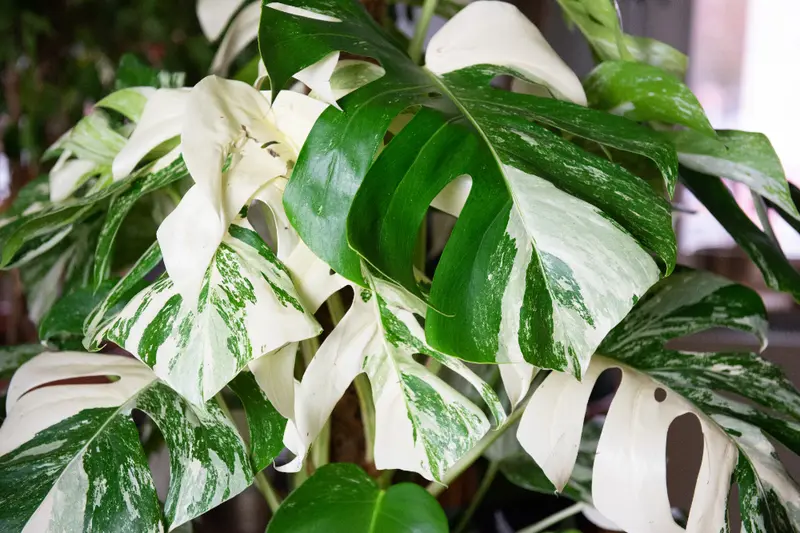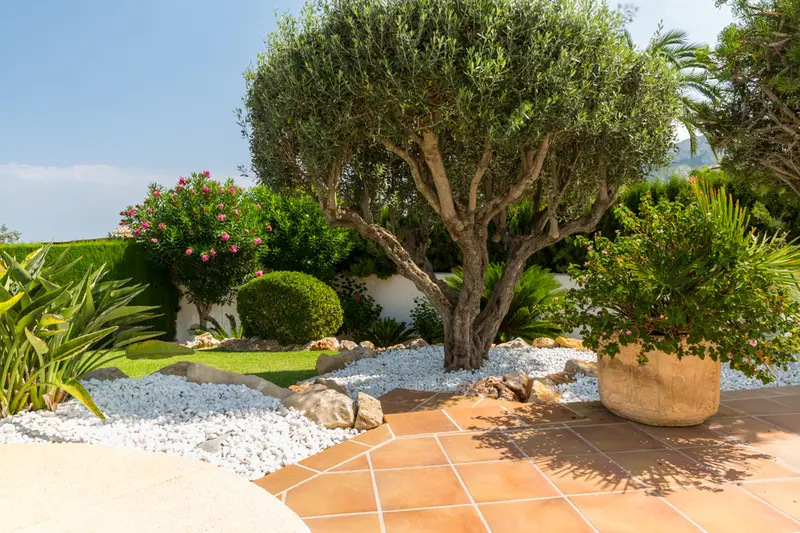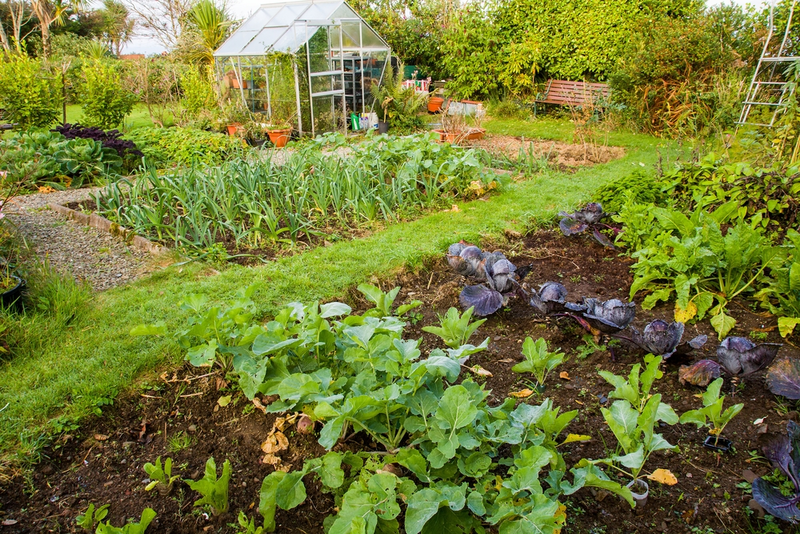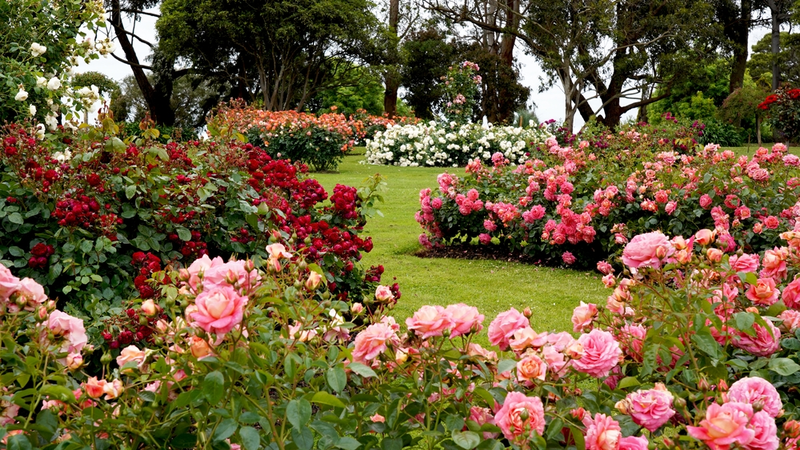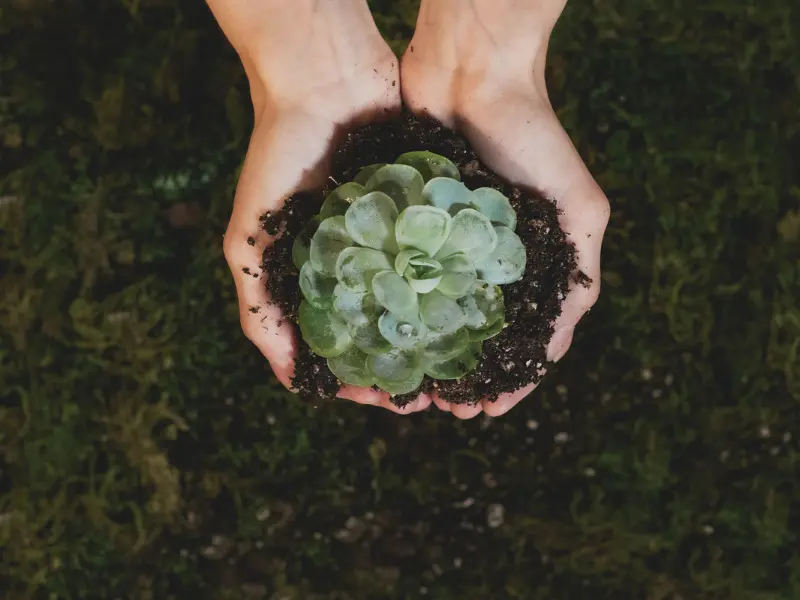
The first half of January 2025 is behind us, making it the perfect time to embrace sustainable practices for your garden and home. Whether you're a seasoned gardener or just beginning your journey toward a greener lifestyle, there are plenty of ways to enjoy nature responsibly. Sustainable gardening benefits the planet, plants, health, and wallet. This blog shares practical tips for both outdoor and indoor plants to help you start 2025 on an eco-conscious note.
Choose Native Plants
Native plants are an excellent choice for creating a more sustainable garden. They are well-adapted to the local climate and soil conditions, requiring less water, fertiliser, and pesticides. Additionally, native plants attract local wildlife like bees, butterflies, and birds, contributing to biodiversity in your area.
Tips:
- Opt for plants such as echinacea (coneflower), lavender, or wild buttercup, which bloom beautifully and are easy to maintain.
- For indoor collections, consider native species like English ivy (Hedera helix) or ferns, which thrive in humid environments.
Water-Wise Gardening
Water is a precious resource, especially during warmer months. By adopting water-conscious practices, you can minimise the use of tap water in your garden. Install rainwater collection systems, such as barrels, and use mulch to retain soil moisture. This reduces evaporation and helps the ground stay hydrated for longer.
Tips:
- Plant drought-tolerant species like sedums, lavender, or hardy roses, which perform well with minimal water.
- Indoors, select low-maintenance plants like succulents, cacti, or rubber plants (Ficus elastica), which require infrequent watering.
Composting: Turning Waste into Rich Soil
Composting is a fantastic way to make your garden and home greener. By composting kitchen scraps and garden waste, you reduce landfill contributions and create a nutrient-rich organic material for your plants. This natural soil enhancer eliminates the need for chemical fertilisers, which can harm the environment.
Tips:
- Start with a small compost bin for your garden and kitchen waste. Items like fruit peels, coffee grounds, and leaves are easy to compost.
- Use your homemade compost as a soil amendment for both outdoor and indoor plants, providing them with natural nourishment.
Reuse and Recycle Garden Materials
Instead of purchasing everything new, look for ways to repurpose and recycle garden materials. From old flowerpots to used hoses, there are countless ways to give materials a second life, saving money and reducing waste.
Tips:
- Repurpose old wooden boards to create custom plant tables or garden shelves.
- Choose sustainable planters made from recycled plastic or upcycle items like ceramic pots for planting.
Promoting Biodiversity in Your Garden
Sustainable gardening isn’t just about choosing the right plants—it’s also about creating a space that supports various insects, birds, and other wildlife. Plant flowers that attract pollinators, install birdhouses, and provide shelter for small animals to thrive.
Tips:
- Add nectar-rich flowers like sunflowers, asters, or butterfly bushes to your garden.
- Set up a birdbath or shelter to help wildlife through the colder months.
Eco-Friendly Resolutions for Indoor Plants
Your indoor plants can also play a role in sustainable living. Select plants that are low-maintenance and improve indoor air quality by naturally purifying the air.
Tips for Indoor Plants:
- Opt for plants that require minimal watering and tolerate light variations, such as snake plants (Sansevieria) or dracaena.
- Choose air-purifying plants like peace lilies or spider plants to create a fresher and healthier home environment.
Start Small, But Start Now!
A sustainable 2025 begins with small steps that collectively make a big impact. Begin by implementing a few of these tips and gradually expand your eco-friendly practices. Remember, it’s not about perfection—it’s about progress.
Take Action for a Greener 2025!
With these tips, you can make your garden and indoor plants more sustainable, contributing to a healthier planet. Whether you’re planting native species or conserving water, every small choice counts. Sustainable gardening isn’t just good for the earth; it’s also good for your well-being. So, what are you waiting for? Make 2025 the year your garden becomes greener and more sustainable!

